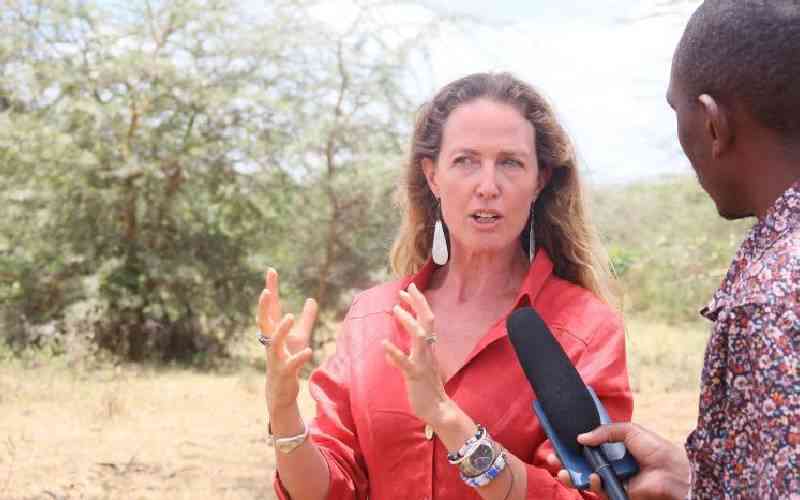×
The Standard e-Paper
Join Thousands Daily

Ironically, sometimes the most beautiful, pristine, and remote natural places in the Rift Valley often harbor the very worst human beings.
The gorges, dark, and tangled forests provide cover and a haven for bandits. So it was with Mukutan Conservancy, formerly known as Laikipia Nature Conservancy in Laikipia County.